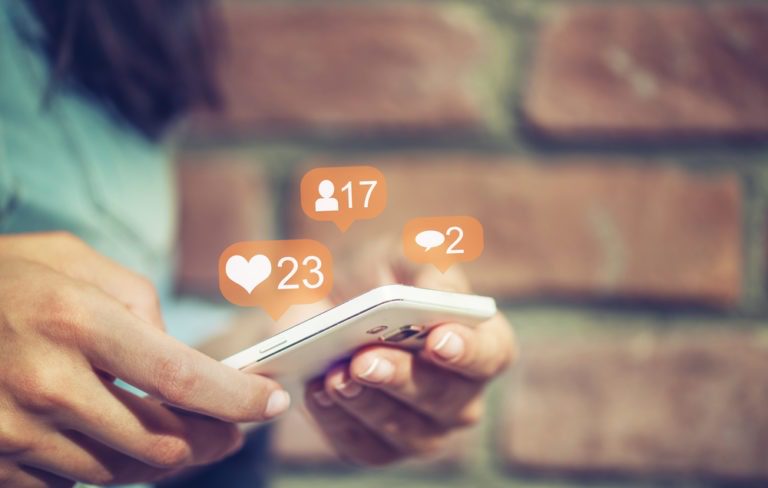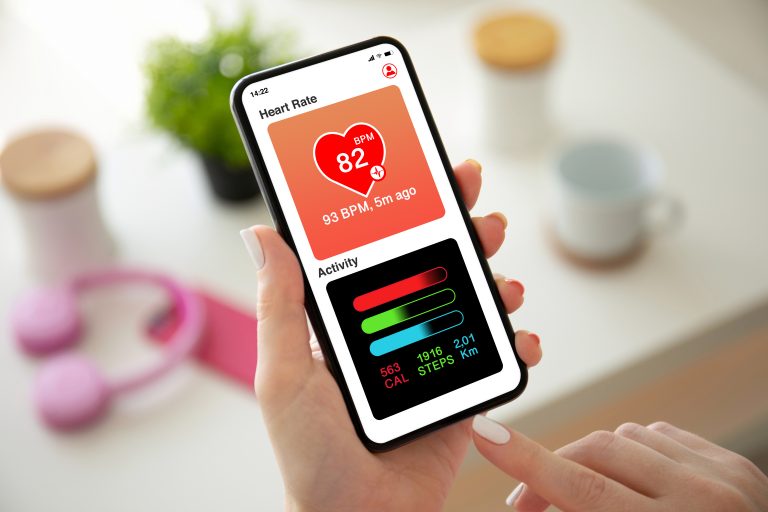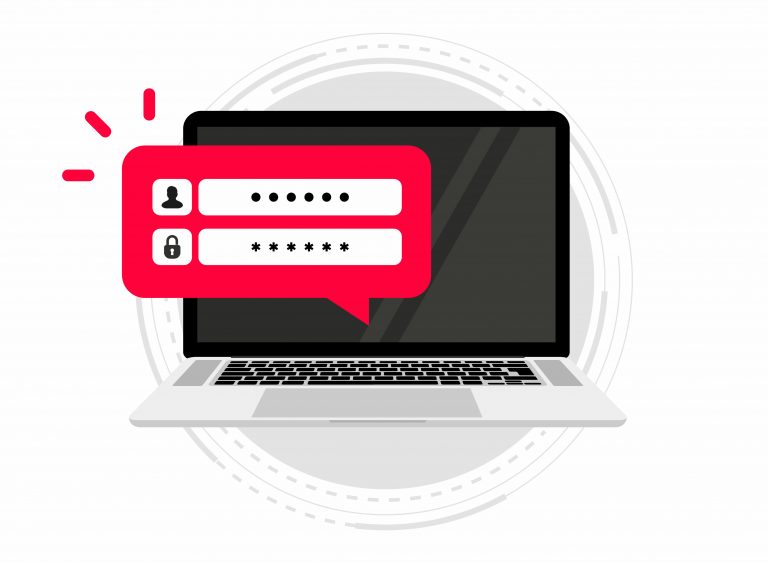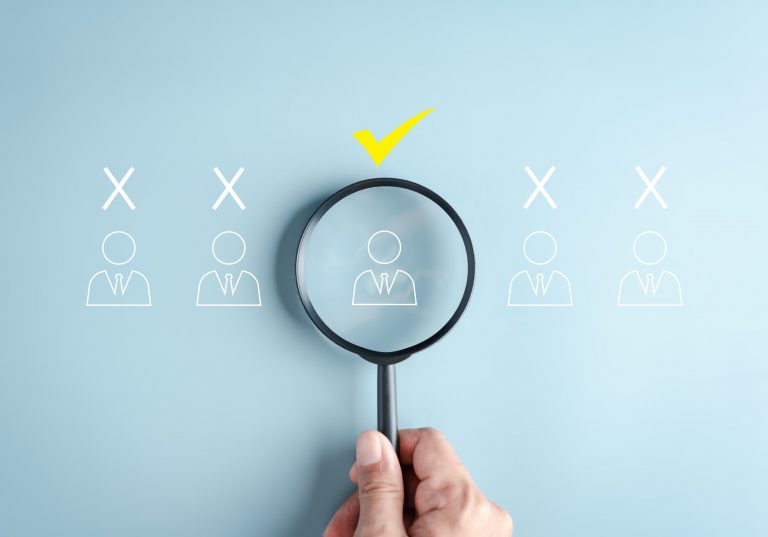Securing Your Health Data: Privacy Measures in Telemedicine
January 25, 2024Telemedicine has become an increasingly popular option for accessing healthcare services, allowing patients to consult with healthcare providers remotely. What…

Fully measuring the impact the constant use of social media has on our mental health is still somewhat a new thing. Think back 10 years, when flip phones were pretty much a novelty, and compare it to how our society has changed since then.
Social media enables people to post, like, and share freely with others, allowing our world to become a lot smaller and much more connected. But, even with all the perks social media platforms offer, you might be wondering how these affect your habits and mental health. More so when you can’t bear the thought of seeing new notifications pop up on your phone and not checking them every minute or so!
In this article, we share with you how social media affects your self-esteem and mental health.
Please fill out the form below and we will reach out as soon as possible!
Social media is not BAD per se. It’s the habits it has encouraged us to take on that are having a deep impact on our brains and psychology. Designed to keep us engaged and “on” 24/7, it’s time to push the breaks and bring awareness to this topic.
Social media and mental health are connected in many ways. Although it is somewhat unclear as to how social media is causing anxiety, this has grown substantially since the increase in social media use.
And as sociologists, psychologists, and neuroscientists have been researching this, it has been shown that many users of social platforms experience restlessness, worry, and concentration issues.
This could possibly pertain to how fast-paced social media is, with thousands of posts going live every minute, making you feel you are not up to date every second of every day. In other words, people are experiencing F.O.M.O. (Fear Of Missing Out.)
Studies from the journal of computers and human behavior have found that people who use seven or more social platforms are more likely to experience depression and anxiety symptoms.
Since social media is relatively new to our world, new information is being concluded daily about this topic.
In the past, addiction was usually linked to drugs, sex, alcohol, or cigarettes. Although social media addiction is not officially categorized as a mental health disorder, many researchers would say otherwise.
Social media has played a significant role in younger people’s lives, making many users feel as if they can’t go without it.
Studies have shown social media affects your health both mentally and physically. The amount of physical activities the average individual undergoes every day has significantly dropped. The compulsive nature of consistently checking social media has become a problem around the globe as well.
In this scenario, excessive users are experiencing issues associated with addiction, such as symptoms of depression, low self-esteem, negative body image, academic failure, and relationship problems.
Social media will not only affect mental health. It can affect our sleep too. Human eyes are sensitive in the dark. Staring at a glowing screen at bedtime has an impact on your eyes and relaxation levels. So, since phones and laptops use blue light, they can inhibit the brain from being able to receive proper sleep.
This is why users that look at their phones before bed have a harder time sleeping than those who do not. Lack of sleep affects other areas of our life as well, such as awareness and the physical drive to complete objectives throughout the day.
Please fill out the form below and we will reach out as soon as possible!
Many users have found themselves to be unhappy after social networking. Unhappiness can be due to reading a negative post or even feeling as if you are wasting your time on the application. Posting is almost like a domino effect. One negative post can spark other negative posts among users — which is also true for a positive post.
Either way, constant online negativity plays a large role in our everyday moods.
Next, The Journal of Social and Personal Relationships did a study in which they set up 34 pairs of strangers, with half of them having phones at the table. The other half were simply given notebooks. Individuals spoke for 10 minutes each.
The individuals with phones concluded that they had a meaningless time compared to those with notebooks. Social media has become a barrier for people to hide behind, ultimately leading to less fulfilling relationships.
Monitoring your children’s web presence is extremely important nowadays. More so when most kids utilize social media without grasping its potential consequences on mental health and relationships.
Read more about online safety with children
Social media is not necessarily the issue, but interacting too much with it can be. Check out these quick hints:
If you are a business owner, you should also consider streamlining your online and social media presence and leave it in expert hands that can leverage it on your behalf.
Our knowledgeable team of SEO and ORM strategists has 100 years of combined experience in the field. We offer a 100% free online reputation analysis and can get you answers within minutes.
We are capable of handling your online reputation and making it shine for you. Take your mind off your social media presence and reputation, and focus on your mental health and wellbeing habits.
What do you have to lose? Call Now: 844-445-6096

Telemedicine has become an increasingly popular option for accessing healthcare services, allowing patients to consult with healthcare providers remotely. What…

In a world where cyber threats are becoming increasingly sophisticated, the importance of having strong passwords cannot be overstated. But…

Are you looking for a new job while still employed? Discreet job searching online is the key to keeping your…